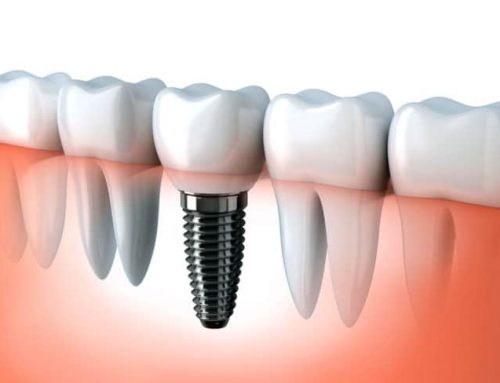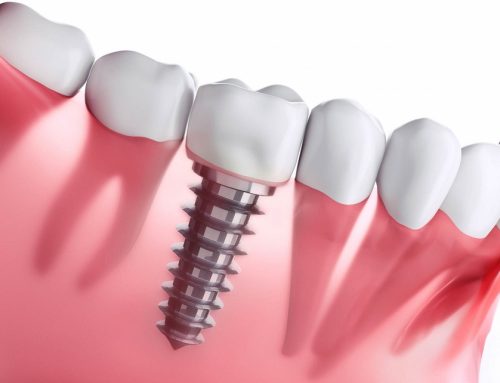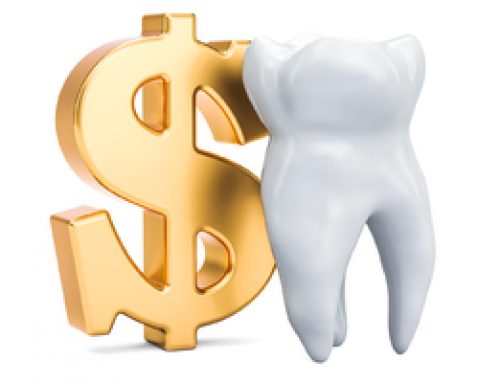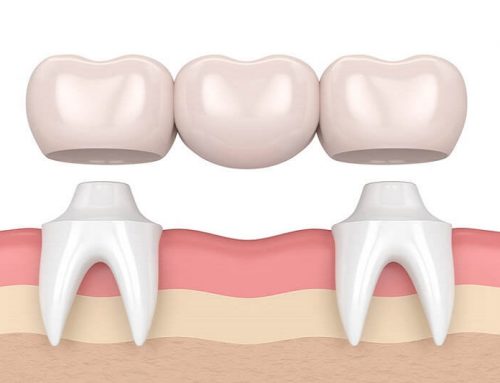On average up to a quarter of us will have to replace missing teeth at some stage in our lives. Aside from accidents, tooth loss can be the result of poor oral health, serious health conditions like cardiovascular disease and diabetes, or even genetic factors. Often, though, tooth loss is due to general wear and tear as we age. For replacing several or all of your teeth, you have two options:
- Dentures
- Dental implants
Dentures, or false teeth, are the traditional method of tooth replacement. Dental implants are the modern alternative where advanced dental technology is used to secure a full set of teeth to four dental implants in your jaw in what is considered to be a permanent tooth replacement option. This oral surgery procedure costs substantially more than a set of dentures, so is the cost of dental implants actually worth it?
Cost Of Dental Implants Versus Dentures
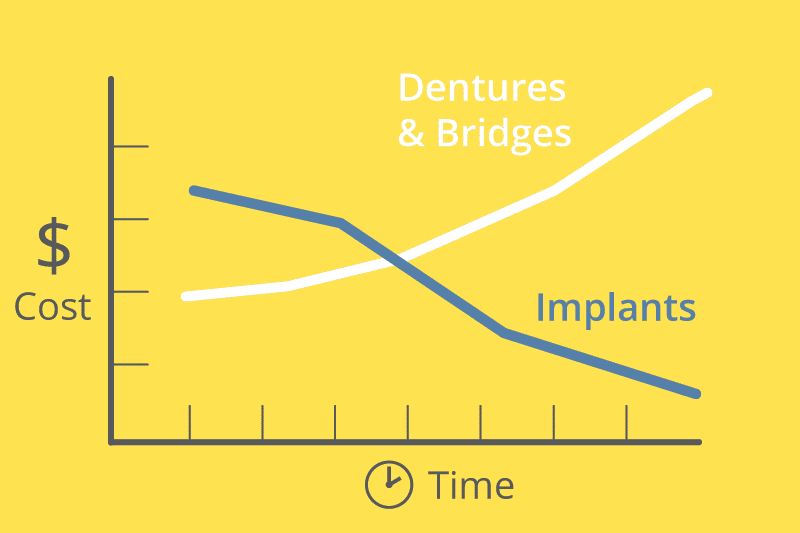 Initially dentures or removable bridges are a cheaper option as they usually cost approximately one third of the price of a set of dental implants. However, even the best quality dentures need to be replaced every 5-10 years because they wear down over time. There are also additional maintenance costs to consider too, such as adhesives, fixatives and cleaning products. Dental implants, on the other hand, have the highest possible teeth replacement success rate at 98%, which is why they are considered to be permanent. With correct care (similar to caring for natural teeth) they can easily last over 20 years, making them more economical in the long run.
Initially dentures or removable bridges are a cheaper option as they usually cost approximately one third of the price of a set of dental implants. However, even the best quality dentures need to be replaced every 5-10 years because they wear down over time. There are also additional maintenance costs to consider too, such as adhesives, fixatives and cleaning products. Dental implants, on the other hand, have the highest possible teeth replacement success rate at 98%, which is why they are considered to be permanent. With correct care (similar to caring for natural teeth) they can easily last over 20 years, making them more economical in the long run.
The Costs To Self Confidence
Dentures certainly have a bit of a stigma. Most of us can remember our grandparents wearing dentures: having trouble eating hard foods, how they could look almost unrecognisable if they weren’t wearing them, even memories of the teeth falling out unexpectedly! False teeth can certainly take a toll on self-confidence, especially when eating out and socialising. It’s hard to ignore the possibility that they could slip or move. In contrast, dental implants are fully fixed in place so they feel just like natural teeth with no danger of movement no matter how hard you laugh or sneeze!
Most, if not all, denture wearers find that they need to adjust their diet to exclude harder, tougher foods that require extra chewing. Unfortunately foods like tougher red meat, raw vegetables and nuts become too difficult to eat and can potentially create sore spots on the gums through the extra pressure. This is another advantage of dental implants as people generally don’t need to modify their diet. The implants are rock-solid and strong enough to chew even hard foods without any damage or stress.
Many people with false teeth find them to be uncomfortable to wear. It can be difficult to get used to wearing a plate, which only adds to the feelings of self-consciousness.
Appearance Costs
Unfortunately for denture-wearers, jawbones gradually deteriorate when there are no teeth or implants in them to prevent bone loss. Because dentures are designed to rest on the gums, they do not provide any stimulation to the jawbone. Bone loss can be as high as 70% and leads to that “caved in” appearance as well as excess, sagging skin. Poorly fitting dentures can even accelerate the problem because irritated gums can equate to irritated bone and more bone loss.
The good news is that dental implants fuse with the jawbone and are the next best option to natural tooth roots. Not only do they help prevent bone loss but they also encourage bone formation around them and help to preserve your facial appearance.
When you are facing tooth replacement it’s important to consider all of your options and what will be best for you in the long run. Dentures will save you money in the short term but are likely to cost more in the long term, not just in dollars but in self-confidence and appearance costs. Our patients who have undergone our ‘New Teeth On 4’ dental implant procedure usually only express one regret in that they wasted time and money trialling dentures first.
